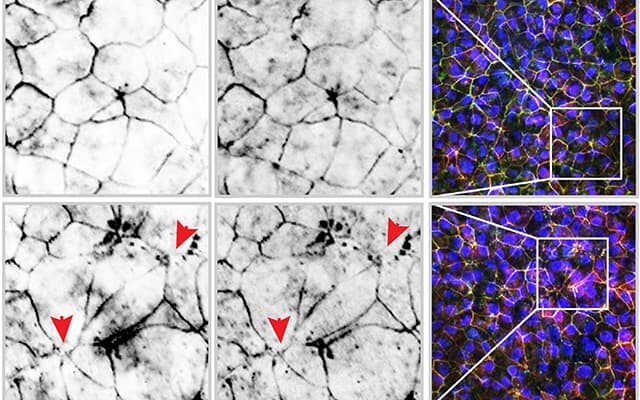
I am not sure just what this means. how do the chemicals even get into play? It looks like two independent streams of research are been combined to no real effect.
Both quoted chemicals are sold in food grade form and are used as such.
So is this claim even possibly valid at all?
There will be plenty of testing issues around flavoring agents without a side trip like this.
Chronic gut inflammation triggered by e-cigarette use
By Rich Haridy
January 10, 2021
New research suggests e-cigarette vapor weakens the integrity of gut lining and leads to chronic inflammation
https://newatlas.com/health-wellbeing/gut-inflammation-e-cigarette-vaping/
New research is suggesting e-cigarette vapor alone, free of nicotine or flavoring, can potentially trigger gut inflammation. Across a series of experiments the study demonstrated how e-cigarette vapor can weaken the gut’s lining and lead to chronic inflammation.
It is still early days for research into the long-term effects of e-cigarette use. Cursory studies are discovering e-cigarettes can potentially cause some damage to the lungs but so far it is unclear exactly what that means for human health. Indications are e-cigarettes do not seem to be nearly as harmful as traditional tobacco cigarettes, but they certainly are not harmless.
“The gut lining is an amazing entity,” explains Pradipta Ghosh, a corresponding author on the new study from the University of California, San Diego. “It is comprised of a single layer of cells that are meant to seal the body from the trillions of microbes, defend our immune system, and at the same time allow absorption of essential nutrients.”
The effect of e-cigarette use on gut health is a relatively understudied area, and very little is known as to the impact of vaping on gut lining. A small, but conclusive, 2018 study offered e-cigarette users some good news, suggesting vaping does not seem to negatively impact gut microbiome diversity, unlike tobacco smoking.
This new research set out to explore the effect of e-cigarette vapor on gut lining using both animal and human cell models. The experiments eliminated nicotine and flavoring chemicals to concentrate on propylene glycol and vegetable glycerol – the two chemicals used as a base in all vaping liquids.
“The safety of e-cigarettes have been debated fiercely on both sides,” says Ghosh. “Nicotine content, and its addictive nature, has always been the major focus of those who argue against its safety, whereas lack of chemicals in the carcinogens that are present in the cigarette smoke has been touted by the makers of e-cigarettes when marketing these products as a ‘healthy alternative.’ In reality, it’s the chemicals making up the vapor liquid that we should be more concerned about as they are the cause of gut inflammation.”
The researchers first looked at the effect of inhaling these e-cigarette vapors on mouse models. Acute exposure (daily use for one week) was compared to chronic exposure (daily use for three months). While acute exposure to e-cigarette vapors caused minor negative effects, chronic exposure led to significant colon inflammation and a reduction in the expression of genes relating to gut barrier function.
In the bottom frames, burst cell junctions in the gut lining can be seen after being exposed to e-cigarette chemicals as compared to healthy cells in the top frames
HUMANOID Center of Research Excellence
The next part of the research involved growing a 3D model of a human intestinal tract. Stem cells collected from human patients during colonoscopies were grown in lab conditions until they differentiated into the key cell types that constitute gut lining. This kind of small, lab-grown model of a human organ is known as an organoid.
Here the researchers discovered chronic exposure to these e-cigarette vapors resulted in the breakdown of specific proteins known as tight junction markers. These proteins act as a physical barrier lining the gut and their breakdown can trigger subsequent gut inflammation.
“This is the first study that demonstrates how chronic exposure to e-cigarettes increases the gut’s susceptibility to bacterial infections, leading to chronic inflammation and other health concerns,” says Soumita Das, another researcher working on the new study.
It is still early days for research into the long-term health implications of e-cigarette use, however, these results do suggest more work is needed to better understand the effects of chronic vaping.
“Given the importance of the gut barrier in the maintenance of the body’s immune homeostasis, the findings provide valuable insight into the potential long-term harmful effects chronic use of e-cigarettes on our health,” says Das.
The new study was published in the journal iScience.

No comments:
Post a Comment